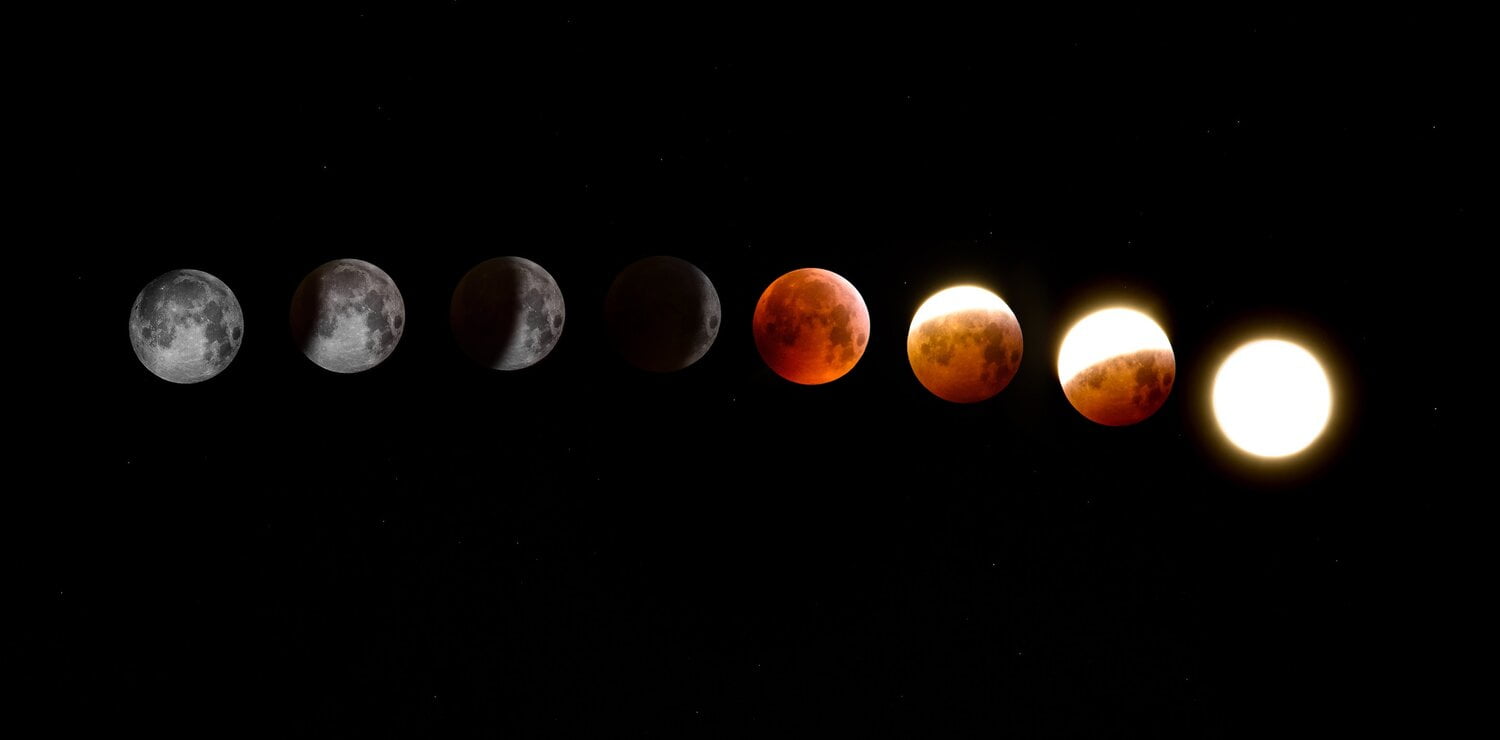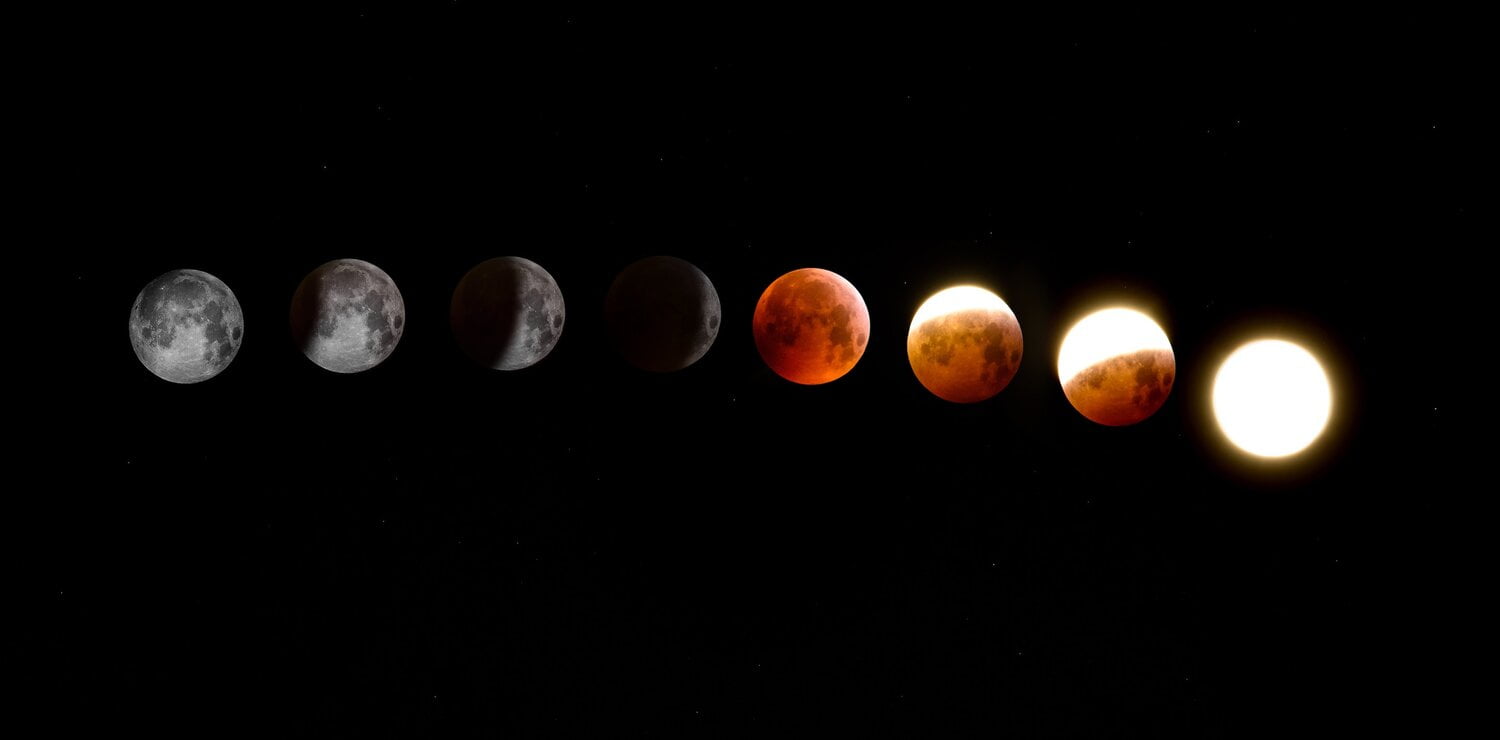‘The planets told me 2020 would be a rubbish year’
Local astrologer May Sim reveals why planetary power isn’t just woo-woo business
Text: Charissa G

Co-star. The Pattern. Sanctuary. They may not have the most creative names, but these astrology apps have received millions of downloads and even more in VC funding in the last few years, so does that mean the stars are finally aligned for astrometry’s reputation?
Back in the 90’s and 00’s, astrometry was reduced to the back pages of women’s magazines where you’d find the (Western) horoscope pages. Here, you’d discover who you were going to ‘snog’ that weekend, and why wearing blue eyeshadow would bring you luck on the basis of your birth month. Today, modern apps like the ones above are trying to counter this rudimentary understanding of astrology by proliferating the knowledge of birth charts that broaden your ‘personality’ to a sun sign, moon sign, and rising sign. But is this causing more harm than good? And can the information be trusted?
May Sim, Asia’s premier astrologer and owner of Selfstrology Academy in Singapore, discusses how astrology has had “very bad PR for a few hundred years” and why the millennial and Gen-Z generations seem inclined towards what some have dubbed a ‘psuedoscience’.

May Sim is Singapore’s premier astrologer
Seeking an explanation
“Having grown up in Singapore with a strict education system, we’ve seen generations of ‘cookie cutter’ success — if you got an A, you were good, and anything else meant that you were subpar.
People are drawn to astrology because it’s a way of understanding the actual person. It’s a system that respects individuals, energy of the universe. You’re not defined by where you studied and what type of family you come from. Many start to realise that what they’re doing with their lives does not vibrate with who they are on the inside. When someone downloads an app like Co-star or The Pattern, it’s like a desperation to find this incongruence that they feel. They’re trying to seek an explanation.
As an astrologer, I’ve seen professionals for the last 16 years. I used to be a business manager and dabbled in astrometry as a personal interest, and eventually was fascinated enough by the field that I decided to pursue it full-time.
Many of my clientele, both male and female, are between 28–29 years old which suggests a ‘coming of age’ life stage, and coincides with the Saturn Return. There are certain life stages that can attract people at any specific time, like the ‘career switch age’ of early to mid-30’s or the so-called ‘mid-life crisis age’ of 40–45. It’s very common to have outwardly successful people — lawyers, doctors, accountants — whose CVs look great. But inside there’s a lost child. They work for big companies and have a slew of accolades, but they feel stuck when they don’t feel they can present an alternative view.
Astrometry allows people to find some level of relief: to give them a ‘sign’ that the decision they want to make is okay. But I find it’s the nature of astrology itself, which tends to draw people when they have problems. So, there’s some logic to it and it’s not entirely astrological.
Astrology for confidence
Most people who object to astrology know nothing about it. For a long time, a large part of society was about conformity, but now we’re in a funny spot where we seem to have been given a new level of freedom. People are looking for answers from other sources.
Take one of my clients who was a doctor in a hospital focused on research. She couldn’t shake the feeling that her work could have more meaning. She wanted to go to a less privileged country and do humanitarian work, but everyone told her she was crazy. Astrology gave her the confirmation that she was a humanitarian inside. This the confidence boost she needed, because the rest of the world was telling her not to be her authentic self.
Seeing an astrologer is like seeing a doctor — but if there’s nothing wrong, can you still go? Consider it a check-up, but don’t expect a ground-breaking discovery.
It’s similar to psychology. You can hop online and you can do a personality profile test, but other than satisfying a curiosity, it’s not really useful. You need your therapist to dig deep and impart tools for understanding yourself and managing behaviour.
Predictive work is what we do
Traditionally, astrologers have always been associated with prediction. To an extent, a lot have tried to distance themselves from it, because the general consensus is that if other astrologers see you as prominently utilising predictive techniques, your credibility dips immediately, since it perpetuates the bad PR we get as fortune-tellers. For me, predictive work is part of what we do.
Popular astrologers have had a lot of courage to draw attention to themselves. Many famous ones have built their career on generic ‘horoscopes’ *, but I think that leads you into many problems; you can’t divide the human population into 12 different star signs and say that ‘November will be romantic’. That makes no sense to me.
For more ‘serious’ astrologers, there are reasons we don’t often make our predictions widely known. Chiefly because we can’t prevent situations from happening. Just like with Covid-19, I personally knew from reading the planets about 4–5 years ago that 2020 was going to be a rubbish year. Yet, up to December 2019 when I was publicly saying next year wouldn’t be great, I got hate mail.
The thing is, as an astrologer, do I necessarily know exactly what’s going to happen? I did not predict a pandemic. The chart doesn’t have a planet that says ‘Covid-19’ so I couldn’t know exactly what was coming. I did know, however, that the industries were going to fail. During a live event, I specifically named a few industries such as the mining, fuel, aviation and construction industries that were going to suffer. Even as I explained this to the audience, they were saying, ‘How can it be? This is a multi-billion-dollar industry.’
And yet, here we are in a rubbish year. Did I make it all up? That’s for you to decide.”
* The word ‘horoscope’ has actually been misused by popular media for decades. A horoscope is actually the entire round ‘wheel’ that astrologers read, and all the symbols and planets within it, what is commonly known as a ‘chart’.
For the original article, see: https://www.thesoothe.co/connect/astrology/the-planets-predicted-a-rubbish-year





